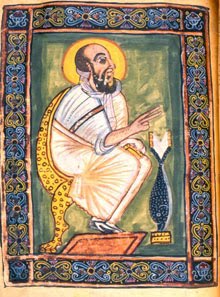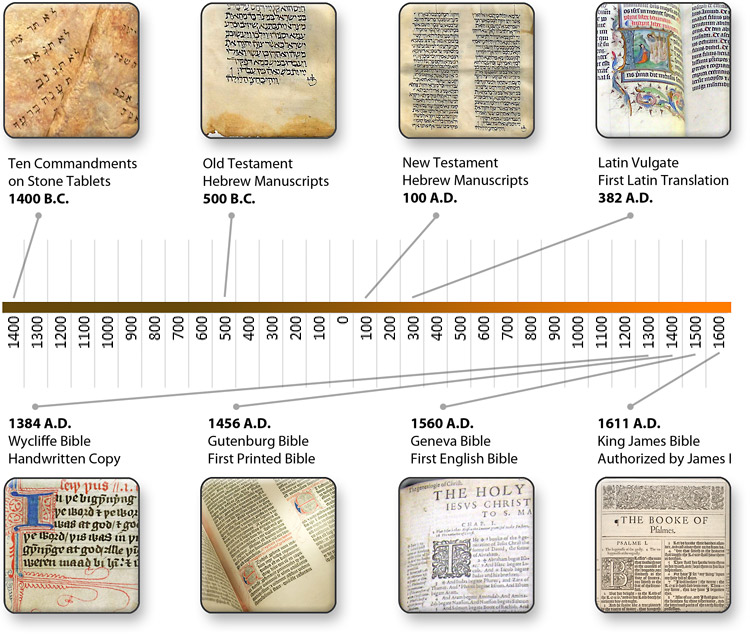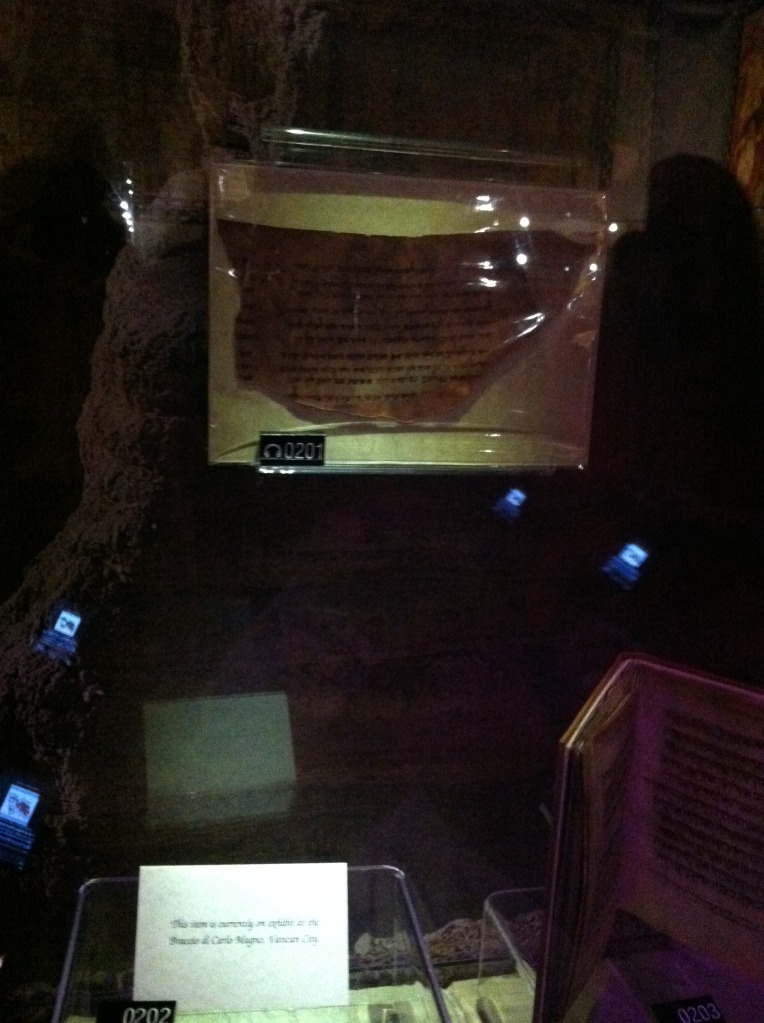I know that Sheba, the baptized Ethiopian, and Moses' wife was African, but who else was an African? .
On your question, I'm immediately reminded of the
Ethiopian Christians/believers. They're very beautiful people and I've always been amazed at seeing the ways they developed, with them being very close to the ways 1st century Judaism was truly like. It's really significant to me, seeing how Philip the Evangelist went out to the Ethiopian Eunch and enabled him to go back to his own people/preach the Word
The story in Acts 8:26-40 with the Ethopian Eunuch is a very fascinting one. For the sake of background, Ethopia was located in Africa south of Egypt. The Eunuch was obviously very dedicated to God because he had traveled such a long distance to worship in Jerusalem. The Jews had contact with Ethopia in ancient days (Psalm 68:31, Jeremiah 38:6-13, Jeremiahs 39:15-18, etc)---with many even speculating that Solomon was directly connected with them at one point as it concerns Bathsehba.
The most popular story connected to the region is the ancient account of the
Queen of Sheba. As told in the Old Testament, she travelled from Aksum to Jerusalem to meet the famed
King Solomon (King of the Israelites) in Jerusalem. For more, one can
click here to listen to a dramatisation of the story of the Queen of Sheba's seduction by King Solomon
"And when the queen of Sheba heard of the fame of Solomon concerning the name of the Lord, she came to prove him with hard questions. And she came to Jerusalem with a very great train, with camels that bare spices, and very much gold, and precious stones; and when she was come to Solomon, she communed with him of all that was in her heart."
1 Kings 10:1-2
Although there is no evidence that the Queen of Sheba did come from Aksum (as it has been
debated that Sheba is perhaps in Southern Arabia originally or Yemen), it has become part of the Ethiopian church's central tenets and there're many reasons to think Ethiopia was the same as Sheba. Some have noted that Yemen was a vassal of Ethiopia. For more, one can read the renowned historian Gibbons book "The Rise and Fall of the Roman Empire. This fact is also reported on the holy Quran. In both books one can read, for instance, about the war of Abraha who was an Ethiopian ruler of Yemen. From these and similar other facts, one could have concluded that Queen of Sheba used to rule Ethiopia and her vassal Yemen.
And I'd not be surprised that the Queen did have relations with Solomon in light of his other activities/history for being hot-blooded


. Others have also given some interesting information as it concerns the possible scenarios of what occurred
between Solomon and Sheba. I agree with other scholars as well as archeologists that it's most likely that the Ark of the Covenant is in Ethiopia.
For some good resources to investigate (and to be clear, not all agree):
As another noted wisely:
For many Ethiopians, there is a strong belief that they are connected to King Solomon directly and for them, the issue of Judaic practice is a VERY big deal. As it is,
Genetic research suggests Ethiopians mixed with Egyptian, Israeli or Syrian populations about 3,000 years ago. ..and this is the time the queen, mentioned in great religious works, is said to have ruled the kingdom of Sheba. ..although this has been debated (as seen in
Not out of Sheba | Gene Expression | Discover Magazine).
That the Ethiopian Eunuch had a scroll of the Torah with him when reading is not surprising in light of how it was valued in the culture he came from. Some say that this man may have been a Gentile convert to Judaism. Because he was the treasurer of Ethopia, his conversion brought Christianity into the power structures of another government. This was the beginning of the witness "to the uttermost part of the earth" (Acts 1:8, Isaiah 56:3-5). As seen in Acts 8:29-35, Philip found the Ethiopian man reading the scriptures and explained the Gospel by asking the man if he understood what he was reading.....following the Spirit's leading and beginning discussion from where the man was (immersed in the prophecies of Isaiah). In the process of coversation, the man was shown by Phillip how Christ fulfilled Isaiah's prophecies...with the conversation starting with the eunuch begging Phillip to explain a passage of Scripture which he did not understand. Once the task was over, Philip was suddenly transported o a different city.....but God sent his messengers to those who were after Him.
As a eunuch, the Ethopian would have been barred from the inner courts of the temple, which makes his reading "the prophet Isaiah" (v.28) especially significant ...for Isaiah held out the promise that God would grant eunuchs (alongside Gentiles wishing to do so) a heritage "better than sons and daughters" (Isaiah 56:3-5).There seems to be a theme within scripture that Gentiles wishing to do so, as it concerns love/living the lifestyle called of Jews, have the blessing of the Lord to do so...
Even with the earlier example of the Eunuch of Ethopia, there were many Gentiles of African descent within the scriptures who did not do as the Ethiopian Eunuch did. One example is
EBED-MELECH, the Ethopian/black man who rescued Jeremiah from the dungeon/pit he was trapped in and was praised by the Lord for it(Jeremiah 38, Jeremiah 39 ). He was a a Gentile servant, politically disenfranchised, excluded by reason of his emasculation from "the congregation of the LORD" (Deuteronomy 23:1)...and yet when he lived in nation of Jews/Israelites that refused to obey the Lord, he did what was expected of the Lord for Jews to do.
....All of that to say is meant to say that Ethiopians within the scriptures seem HIGHLY significant in the culture of the Bible, be it those who were Gentiles wishing to walk a Judaic lifestyle....or those who were Ethiopian Jews living out Judaism within their Ethiopian culture.
And when seeing the Ethiopian culture in scripture, it's not surprising to see the ways they are interconnected with the Bible. As an example, I was amazed discovering that the oldest illustrated Bible was found recently in Ethiopia:
Although I greatly appreciate the culture/enjoyed learning of Ethiopian Christianity/
Ethiopian Jews for years (and have shared more on that in other discussions as well as on other expressions of Jewishness -- seen
here ,
here,
here,
here ,
here,
here,
here,
here and
here), I was blessed last summer to see some more of their artifacts ...as well as seeing the sheer diversity that the scriptures have produced when it comes to differing groups promoting the Gospel. Specifically, last summer I was blessed to go to this exhibit called
Passages Interactive Bible Exhibit. It was simply amazing witnessing the Biblical history/artifacts that are present within it. Passages is a 14,000-square-foot interactive, multimedia exhibition for all ages. It features some of the most exquisite and rare biblical manuscripts, printed Bibles, and historical items in the world. These cultural treasures include a Dead Sea Scroll text, ancient biblical papyri, beautifully illuminated manuscripts, early printed materials, including a portion of the Gutenberg Bible, and multiple first editions of the English Bible through the King James Version.
To view the Bible from its original writings, through time
.from the time it was hand-written, up through current times, when it can be mass-produced...to witness a few with mistakes and how some took advantage of changing the Bible to meet their needs... how God has maintained its integrity through providing us with the original documents written two+ thousand years ago
amazing.
They actually had some Ethiopian scrolls and Bibles that I was astounded by when it came to seeing them within the role of Scriptural history - and so glad they took the time....and I'd recommend it to anyone. For more information,

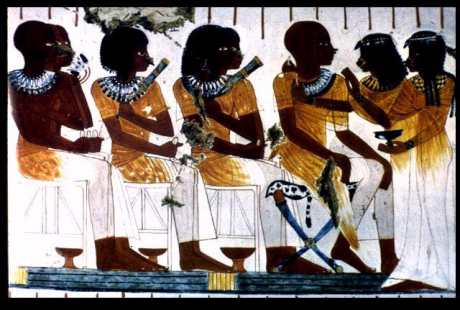

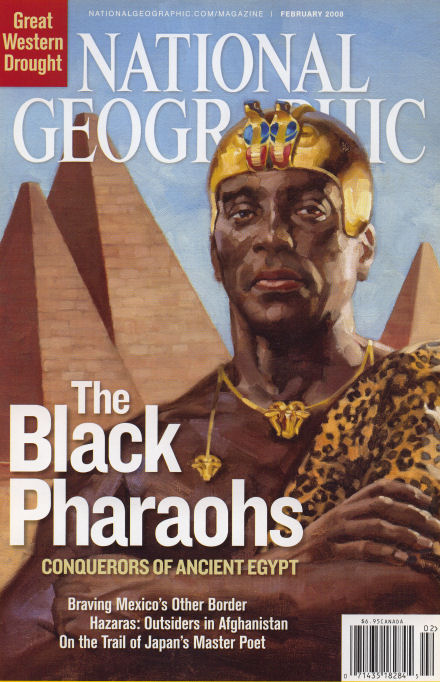











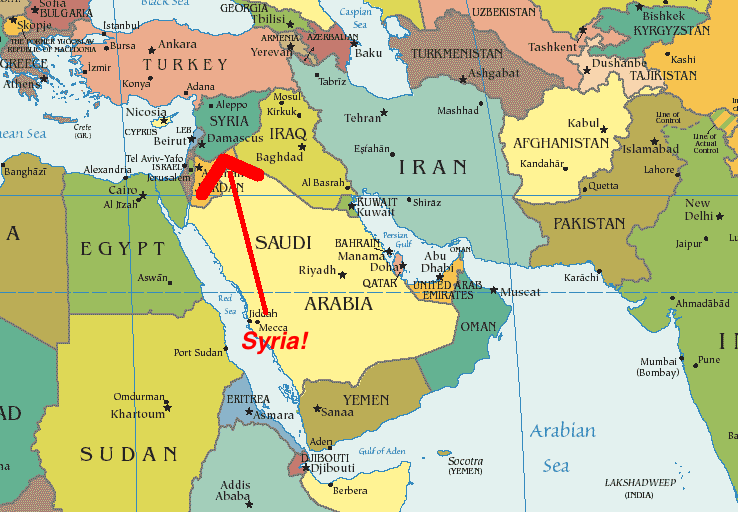

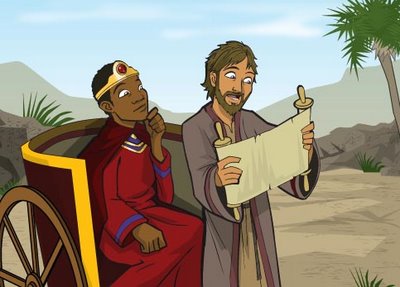
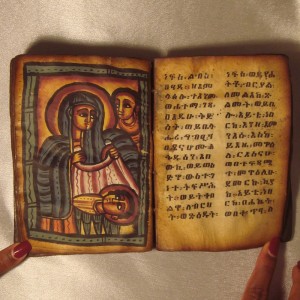
 Tesfay Berhane offers a guided tour of Axum and the Queen of Sheba's Palace
Tesfay Berhane offers a guided tour of Axum and the Queen of Sheba's Palace